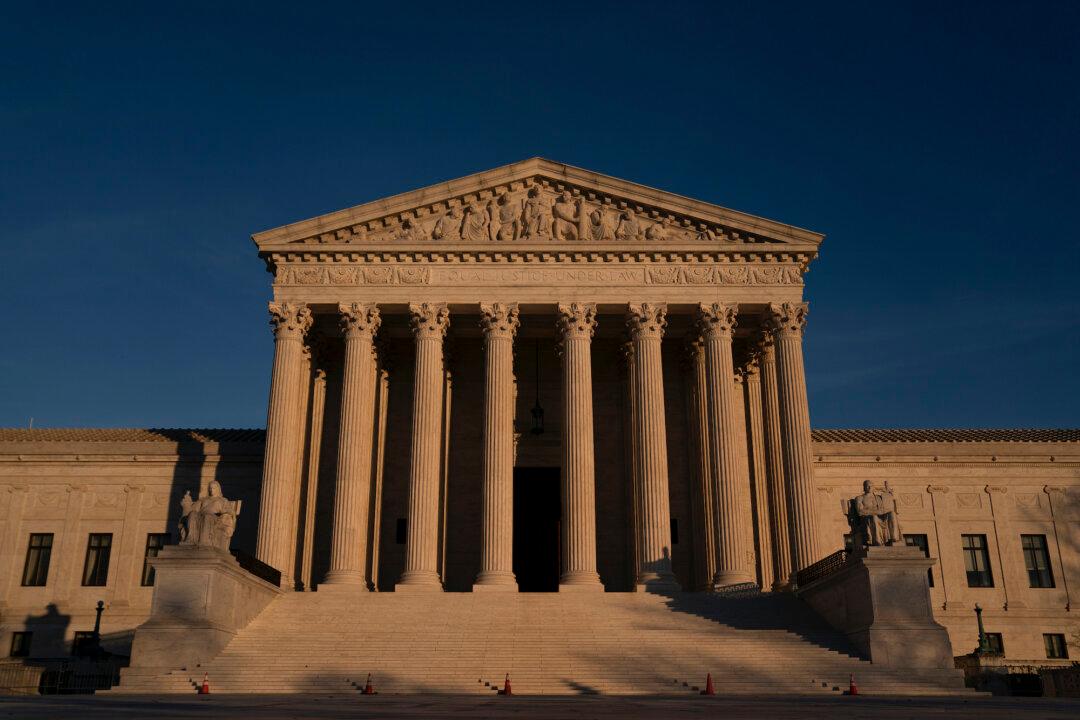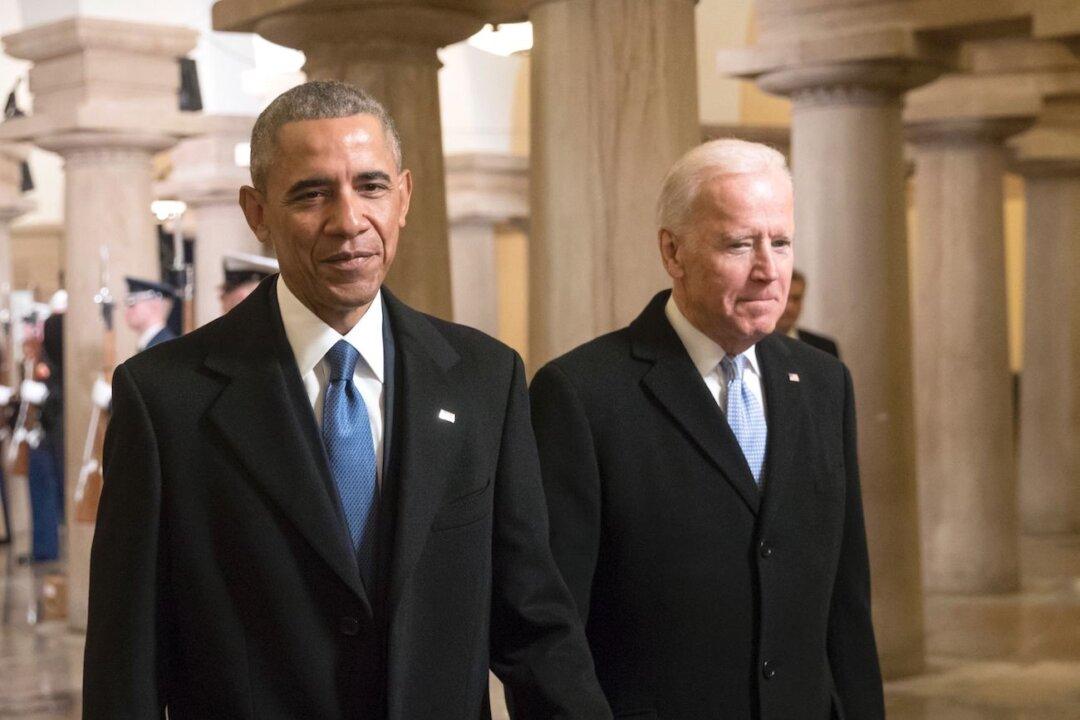In agreeing to hear the Mississippi abortion case of Dobbs v. Jackson Women’s Health Organization, the U.S. Supreme Court earlier this week placed directly in its crosshairs the court’s two foundational modern abortion precedents, Roe v. Wade and Planned Parenthood v. Casey. In preparing to decide whether all restrictions on pre-”viability” abortions are unconstitutional, as the court’s order for a writ of certiorari indicates it will do, the court is teeing itself up for a potentially landmark—or potentially grievously disappointing—ruling next term. In girding itself to rule in Dobbs, and by extension ruling on the life-or-death fortunes of countless unborn children on this bedrock civilizational justice issue, a nominally conservative court is set to also decide the life-or-death fate of the legal conservative movement itself.

The Supreme Court stands in Washington, on Dec. 11, 2020. Stefani Reynolds/Getty Images
|Updated:
Commentary




